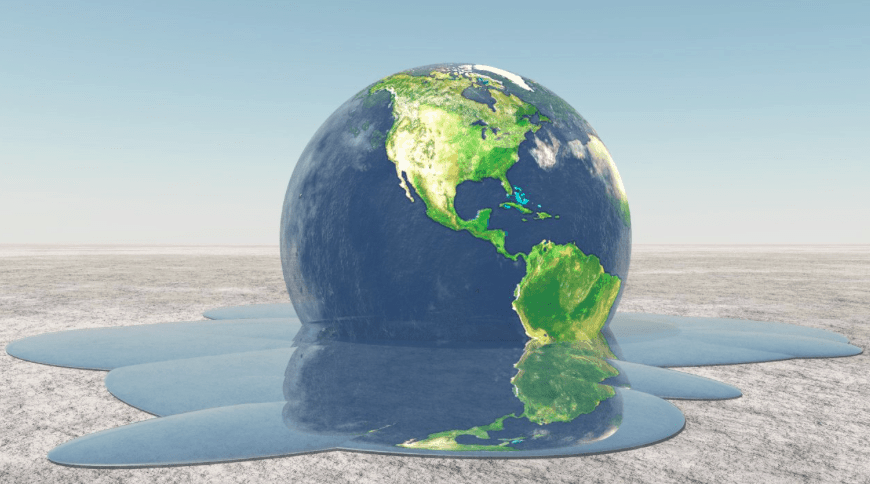 According to the latest data from the Climate Change Performance Index 2016 Greece is ranked 25th worldwide in 2016 for the adoption of climate change policies up from 33rd in 2015, and 17th in the EU28, up from 23rd the year before.
According to the latest data from the Climate Change Performance Index 2016 Greece is ranked 25th worldwide in 2016 for the adoption of climate change policies up from 33rd in 2015, and 17th in the EU28, up from 23rd the year before.
In Europe, Greece is ranked 17th among the 28 European Union member-states according to the same index which is issued each year by Germanwatch in collaboration with the Climate Action Network (CAN).
The Climate Change Performance Index uses standardised criteria to evaluate and compare the climate protection performance of 58 countries that are, together, responsible for more than 90 percent of global energy-related CO2 emissions.
However environmental groups WWF Hellas and Greenpeace Greece noted that the "improvement" was more due to an overall slowdown of economic activity due to the economic crisis, rather than policies to reduce consumption of fossil fuels.
"The recession led to a reduction in overall primary energy supply by 21.5% in the period 2009-2014, while it had particularly obvious impact on road transport and residences, where total energy consumption fell 28.5%," they said.
They noted that Greece "has not only succeeded in increasing its carbon footprint per unit of GDP but insists on promoting major fossil fuel investments in coming years." Among EU countries, only Greece and Estonia had actually increased their energy intensity in 2009, "indicative of the inactivity on the level of national climate change policy," the groups said.
On the plus side, clean renewable energy technology, such as photovoltaic panels and wind turbines, have tripled their share of the energy market since 2009 at the same time that lignite coal has become less competitive, due to its poor quality as a fuel and rising mining costs, so that its share in power production has fallen by 24.5 %
Lignite was losing ground but not as a result of government action, with the Public Power Corporation (PPC) seeking to "revive" it with two new lignite-powered plants and efforts to extend the life of the older units, to the detriment of public health and the environment, WWF Hellas climate change policy chief Nikos Mantzaris said.
Greenpeace's Takis Grigoriou, on his part, noted that the Greek government "was doing everything in its power to keep the country trapped in yesterday" as the world was moving toward clean and modern energy sources.

